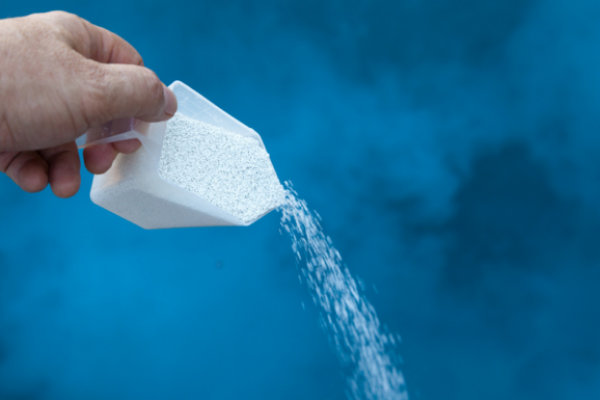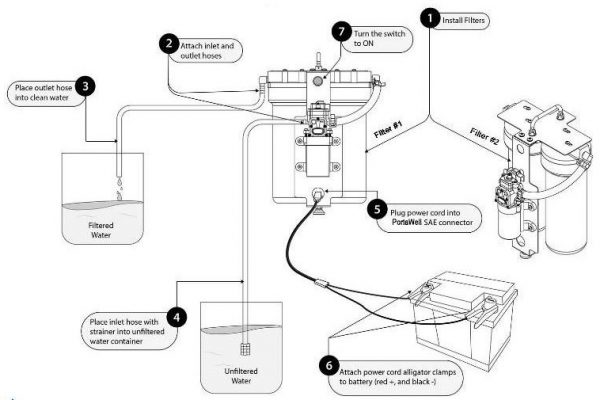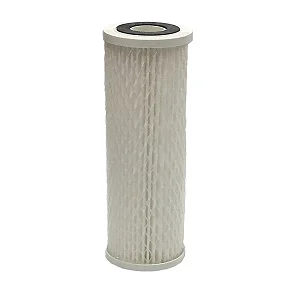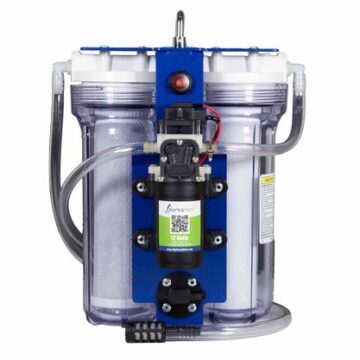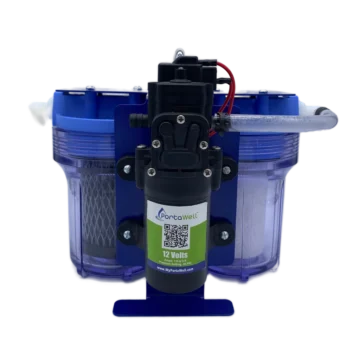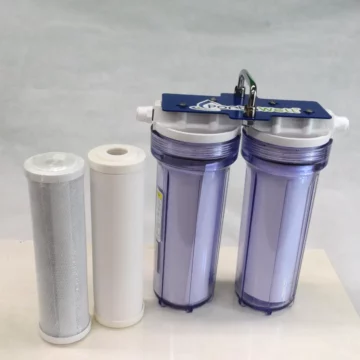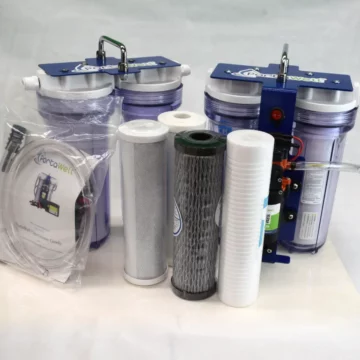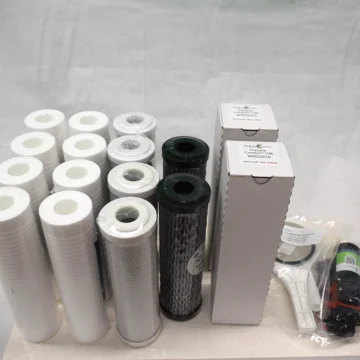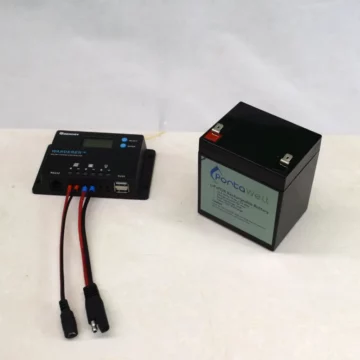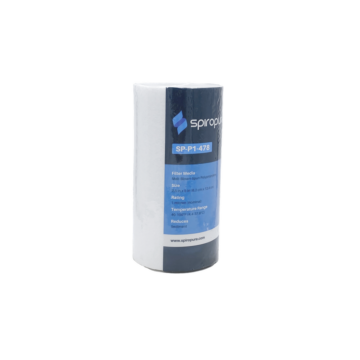Filtering Pool Water

Filtering Pool Water – PortaWell®
Many people have inquired if they can filter pool water with a PortaWell® system to make it safe for drinking in an emergency. Here are the things to consider:
Considerations for Saltwater Swimming Pools
The first thing to know is that if you have a saltwater pool, the PortaWell® system and cartridge filters do not remove salt (sodium chloride) from water or other hard water minerals such as calcium and magnesium. Because salt is a dissolved solid, the most common method to remove salt from water is through reverse osmosis filtration.
Now if you don’t have a salt water pool, your pool water can be great water source for filtering through PortaWell if you know what chemicals have been used for its maintenance.
Chlorine Tablets and Pool Chemistry
Most pool chemistry is adequately controlled using chlorine tablets or using auto controllers that maintain the pool chemistry by injecting hydrochloric acid for PH control and sodium hypochlorite (bleach) for free chlorine levels.
Chlorine tablets typically have Tricoloro-S-Triazinetrione as it’s main ingredient. This provides free chlorine for control of algae and biologics (bacteria and virus) and cyanuric acid which acts as a stabilizer for the chlorine against sunlight. (Free Chlorine quickly breaks down in the presence of sunlight without a stabilizer present). EPA chlorine limits for drinking water is <4 ppm (parts per million) and <20 ppm for cyanuric acid. A properly maintained swimming pool is <4 ppm chlorine but the cyanuric acid concentration can be up to 70 to 90 ppm or even higher. Unlike chlorine which dissipates over time, cyanuric acid builds up and the only practical method to reduce its concentration is to dilute or replace the pool water.
Activated Carbon Filter Effectiveness
An activated carbon filter is effective for reducing low concentrations of chlorine and cyanuric acid. My swimming pool had a cyanuric acid concentration of 40 ppm and after filtering through the charcoal filter it was reduced to < 15 ppm; a good filter combination for filtering pool water is the ceramic filter in the first stage and the activated carbon filter in the 2nd stage. A chlorine kit and cyanuric test strips can be purchased (recommended if you are considering using your pool water for an emergency water supply) from pool supply stores or websites to verify the filtered water meets EPA limits for those two chemicals. I check my pool filters regularly and if the cyanuric acid concentration goes above 70 ppm it is time to change the water.
Addressing Algae and Specialized Treatment
If the pool has been regularly treated with some proprietary algicide or if there is significant algae in the water because the circulation pumps have been off for a long period, then the treatment strategy becomes a little more complicated. You may need to pretreat the water with chlorine to kill the algae so it doesn’t prematurely plug the pool cartridge filter and you may need to select a different pool filter to remove the more exotic chemicals in the algicide. Commercial filter systems are available that fit PortaWell® which contain media especially suited for reduction of heavy metals and a broader spectrum of organic chemicals. We offer the AquaCera AquaMetix filter that reduces >92% of heavy metals and reduces( >90%) a wide range of other organic chemicals.
If my my swimming pool water is clear and I know the cyanuric acid level is less than 50 ppm, I am very comfortable using my pool as a source of water for drinking and cooking after it has been filtered through my PortaWell.
Categories
Facebook
Twitter
Email
Print
Recent Posts
Water Sustainability: Powering Your PortaWell® System
Sustainability is a key element especially when it comes to water and PortaWell can help provide sustainable water in an emergency. Clean water is required ...
Read More
Selection of Surface Source Water
One PortaWell® customer asked the question: I live near the Jordan River in Salt Lake City, Utah. Could I use it as a water source ...
Read More
Sustainable Water Solution for Emergency Preparedness
sus·tain·a·bil·i·ty – Noun – the ability to maintain or support a process over time. Sustainability, as it applies to emergency preparedness, is particularly important if ...
Read More
Chlorine Water Treatment for Drinking Water
Water treatment can be a challenge in an emergency and here is the why and how chlorine will be effective in the process of creating ...
Read More
PortaWell® Newsletters
PortaWell® Newsletters Download and read our past newsletters with tips and tricks for using your PortaWell®: Water Filter Placement and Selection – Newsletter Volume 1 ...
Read More
PortaWell® System Operating instructions
Congratulations on your purchase of the PortaWell® Emergency Water Filtration System. This patented system (US 11,274,048 B2) is made in the USA and is designed ...
Read More
PortaWell® Products
-
Argonide NanoCeram® Filter (10-inch, 0.2 micron)
$52.99Original price was: $52.99.$43.95Current price is: $43.95. -
PortaWell® Starter Pak
$379.00Original price was: $379.00.$339.00Current price is: $339.00. -
PortaWell® Mini Expedition
$279.99Original price was: $279.99.$249.00Current price is: $249.00. -
PortaWell® Expansion Kit
$165.00Original price was: $165.00.$149.00Current price is: $149.00. -
PortaWell® Plus Kit
$539.00Original price was: $539.00.$479.00Current price is: $479.00. -
PortaWell® Survivor Kit
$325.00Original price was: $325.00.$289.00Current price is: $289.00. -
PortaWell® Solar Accessory Kit
$71.95Original price was: $71.95.$59.95Current price is: $59.95.




